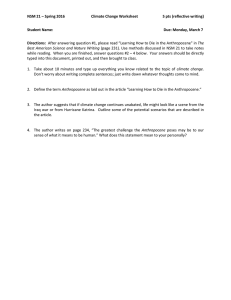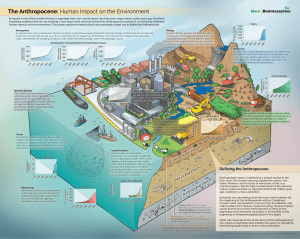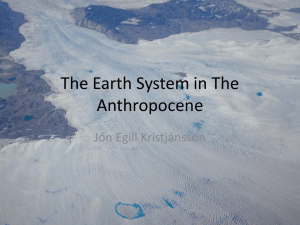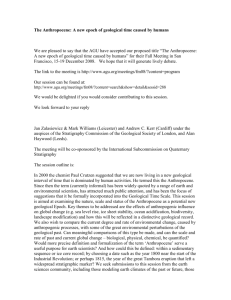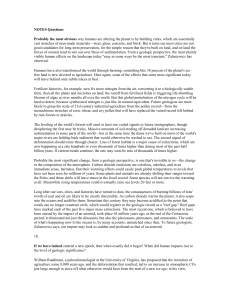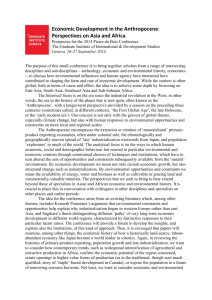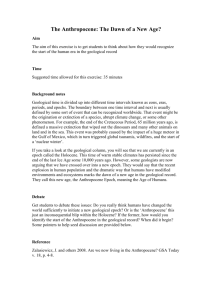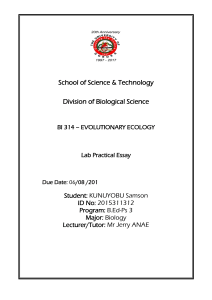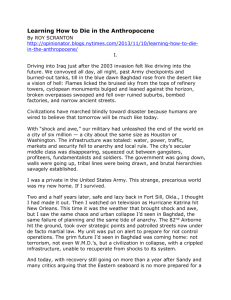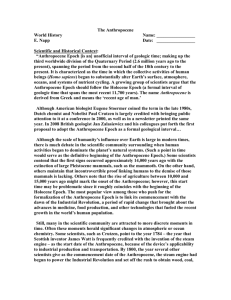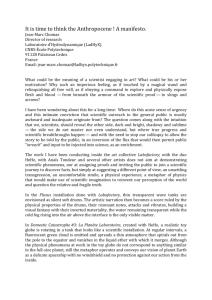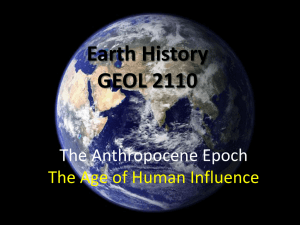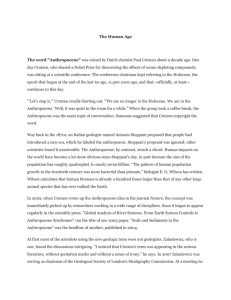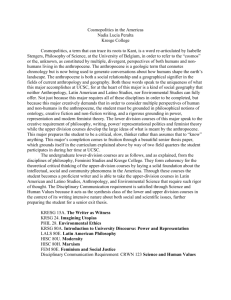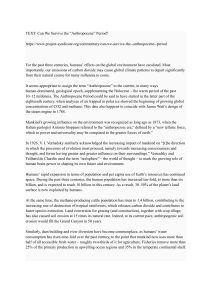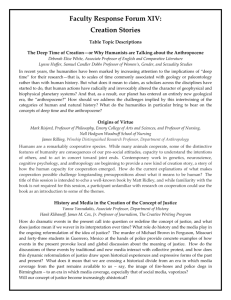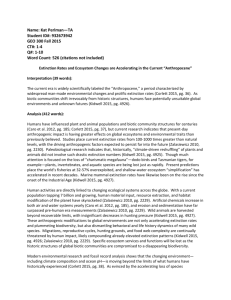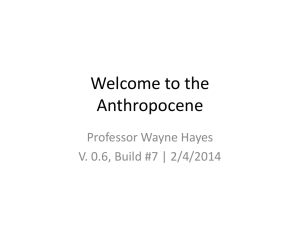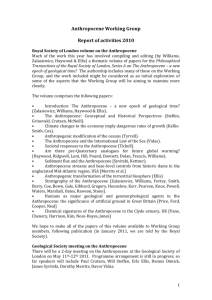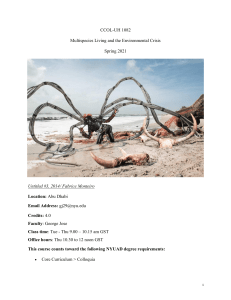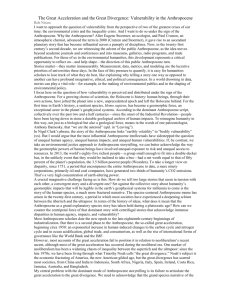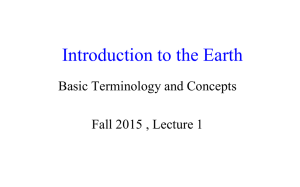Media Release
advertisement
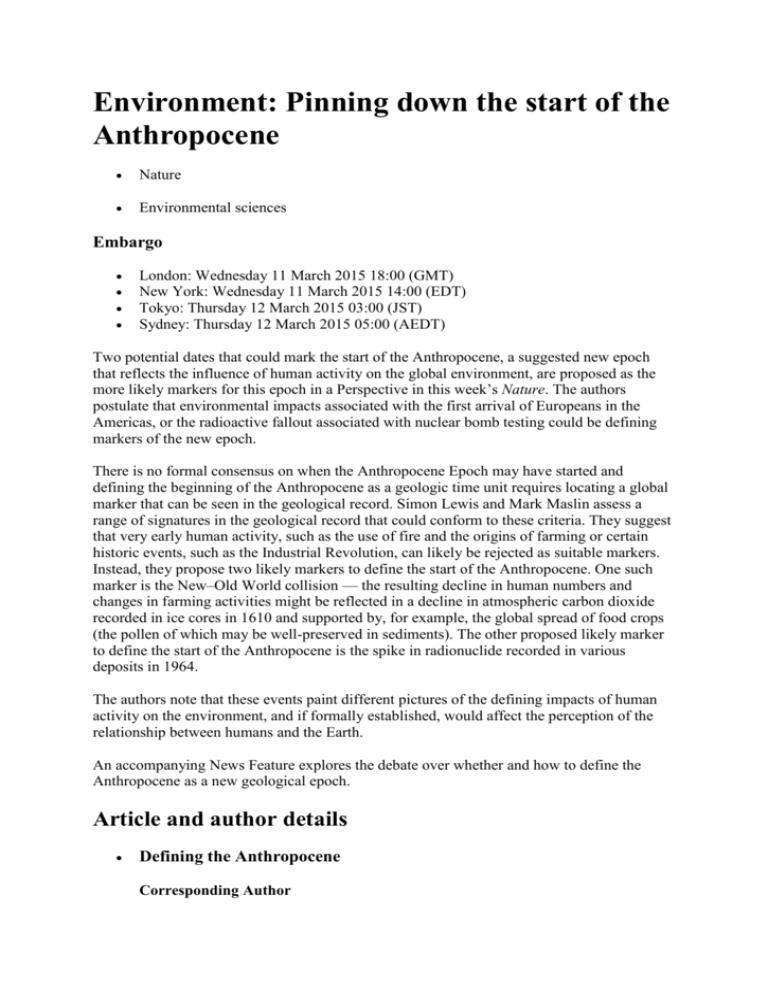
Environment: Pinning down the start of the Anthropocene Nature Environmental sciences Embargo London: Wednesday 11 March 2015 18:00 (GMT) New York: Wednesday 11 March 2015 14:00 (EDT) Tokyo: Thursday 12 March 2015 03:00 (JST) Sydney: Thursday 12 March 2015 05:00 (AEDT) Two potential dates that could mark the start of the Anthropocene, a suggested new epoch that reflects the influence of human activity on the global environment, are proposed as the more likely markers for this epoch in a Perspective in this week’s Nature. The authors postulate that environmental impacts associated with the first arrival of Europeans in the Americas, or the radioactive fallout associated with nuclear bomb testing could be defining markers of the new epoch. There is no formal consensus on when the Anthropocene Epoch may have started and defining the beginning of the Anthropocene as a geologic time unit requires locating a global marker that can be seen in the geological record. Simon Lewis and Mark Maslin assess a range of signatures in the geological record that could conform to these criteria. They suggest that very early human activity, such as the use of fire and the origins of farming or certain historic events, such as the Industrial Revolution, can likely be rejected as suitable markers. Instead, they propose two likely markers to define the start of the Anthropocene. One such marker is the New–Old World collision — the resulting decline in human numbers and changes in farming activities might be reflected in a decline in atmospheric carbon dioxide recorded in ice cores in 1610 and supported by, for example, the global spread of food crops (the pollen of which may be well-preserved in sediments). The other proposed likely marker to define the start of the Anthropocene is the spike in radionuclide recorded in various deposits in 1964. The authors note that these events paint different pictures of the defining impacts of human activity on the environment, and if formally established, would affect the perception of the relationship between humans and the Earth. An accompanying News Feature explores the debate over whether and how to define the Anthropocene as a new geological epoch. Article and author details Defining the Anthropocene Corresponding Author Simon Lewis (University College London, UK) Email: s.l.Lewis@ucl.ac.uk, Tel: +44 113 34 33337 DOI 10.1038/nature14258 Online paper* http://dx.doi.org/10.1038/nature14258 * Please link to the article in online versions of your report (the URL will go live after the embargo ends).
